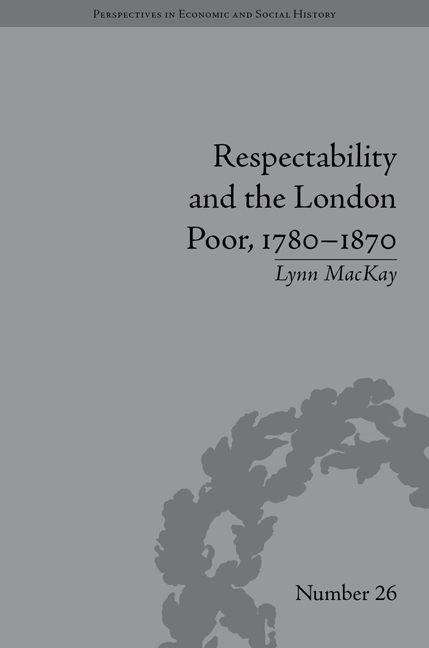Introduction
Summary
Historians are agreed that in the last two hundred years there has been a transformation in social relations: in the late eighteenth century, life was lived largely in public outside the home, and this was especially the case in plebeian neighbourhoods in cities. Neighbours depended upon one another in the struggle to make ends meet, lending, borrowing and sometimes simply giving and receiving assistance; subsistence was a collective endeavour. Reputation in the neighbourhood was crucial, and neighbours judged one another constantly; being thought respectable was the key to various kinds of assistance. The focus was generally very short-term; the ability to get through the next week was often the crucial concern. Finally, there was a greater tolerance of violence, both interpersonal and against animals. Since the eighteenth century, home has become a sanctuary and a main locus of leisure time. Families no longer regularly rely on neighbours in trying to maintain subsistence: men and women are meant to make ends meet through their own good efforts. Respectability has been redefined and no longer rests primarily on the judgement of neighbours. The focus has become much more long-term, and violence is thought shameful and is frequently hidden, especially if it occurs within the family.
- Type
- Chapter
- Information
- Respectability and the London Poor, 1780–1870The Value of Virtue, pp. 1 - 18Publisher: Pickering & ChattoFirst published in: 2014



